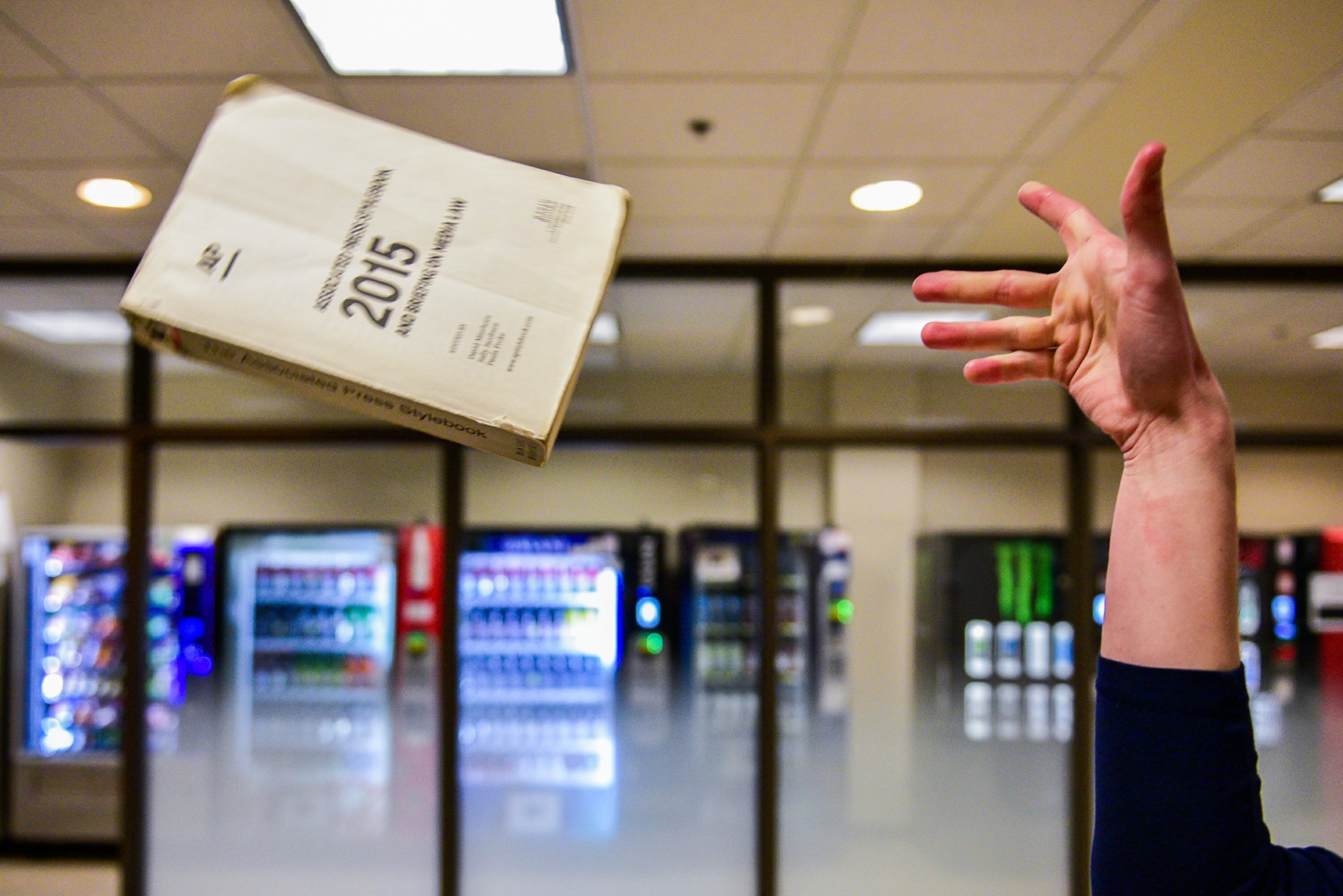On Sept. 12, Marietta City schools began a sweeping directive to review all books within the district on whether certain books are appropriate for kids. While decisions like Marietta City schools tend to focus on K-12, there are potential overarching consequences that can affect all people and the future of higher education.
The decision was preceded by the banning of “Flamer” by Mike Curato, “Me and Earl and The Dying Girl” by Jesse Andrews and the firing of a Marietta City fifth-grade teacher for teaching a book with themes involving gender identity to students. The book-banning movement has focused on topics that conservative groups deem inappropriate for children such as gender, sexuality and race.
Although book banning might not affect students of higher education directly, it can still convey that these books are irrelevant or “bad.” The actions of those in charge of education have a strong impact on others and their opinions. If those decisions are coming from a place of censorship it can have devastating effects on students.
Censorship and book banning can limit a student’s perspective which is against the principle of higher education’s purpose to teach. Furthermore, future college students who have been affected by book-banning efforts could face difficulty in college. If students’s perspectives are limited by censorship it can affect their ability to function in society and even their ability to empathize.
The spearheads behind book-banning initiatives often use other examples such as sexually explicit material, language and violence as causes for removal. This can be seen as a legitimate reason, as most parents can sympathize with not wanting their students to view content they deem not suitable for their age.
However, there are books containing these elements that have existed in the education system for generations and they have yet to be seriously contested. “Romeo and Juliet” is an extremely popular play that features everything today’s book banners seem to be contesting and face no such challenges. Yet, when books such as “The Hate U Give” by Angie Thomas or “The Color Purple” by Alice Walker are removed from schools it leads to the removal of African-American voices within the classroom. It is often left to educators to recognize that the themes present within the texts are essential for students to learn.
Book banning is an attempt at censoring topics and content deemed “controversial” which can directly lead to the silencing of minority voices. In this age of censorship, every student should be asking the question: “If this book is being banned, what are they stopping me from learning?”

